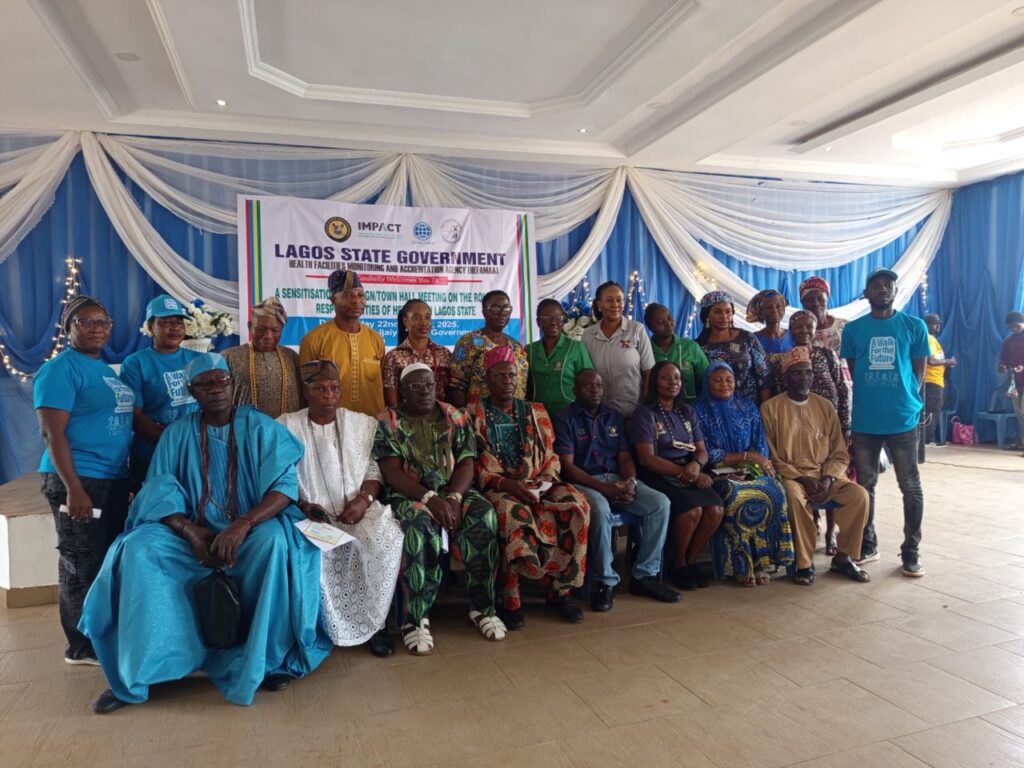The Health Facility Monitoring and Accreditation Agency (HEFAMAA) has shut 30 health facilities across Lagos in the last one year for operating illegally or failing to meet government standards.
The agency disclosed this at a sensitisation town hall meeting held on Friday at the Ifako Ijaiye Local Government Secretariat to educate residents on its role in safeguarding public health.
Permanent Secretary of HEFAMAA, Dr. Abiola Idowu, represented by the Director of Monitoring and Inspection, Dr. Daniel Olayinka, said the clampdown was necessary to protect Lagosians from quackery and unsafe medical practices.
“Most of the facilities we sealed were unregistered or staffed by unqualified personnel. Some lacked licences, while others operated with faulty equipment and poor sanitary conditions. Whether public or private, any facility that fails to meet standards will be shut,” she said.
HEFAMAA, established under the 2006 Lagos State Health Sector Reform Law, registers, monitors, and accredits hospitals, clinics, maternity homes, laboratories, and other health centres. The agency conducts inspections at least twice a year to ensure compliance.
“We are not out to punish. Our mandate is to ensure Lagosians get safe and quality care,” Idowu stressed.
The agency urged residents to look out for HEFAMAA signage and certificates of registration displayed in accredited facilities. It also introduced the use of QR codes in licensed centres, which patients can scan to verify accreditation, view facility details, and send feedback or complaints directly to the agency.
“This initiative allows us to respond promptly to complaints and monitor facilities more effectively,” Abiola explained.
HEFAMAA warned against patronising illegal operators who disguise themselves as hospitals or laboratories but lack proper training and equipment.
“Quackery is dangerous. Many of these operators vanish when problems occur, making it difficult to trace or sanction them. We urge residents to only use certified facilities,” Dr. Abiola cautioned.
The meeting drew community leaders, health officers, and residents, who pledged to support the agency in its fight against quackery. HEFAMAA emphasised that community involvement is crucial to achieving safer healthcare.
“Everyone can become a patient at any time. The government is committed to protecting lives, but residents must also play their part by reporting suspicious facilities,” Abiola said.
The agency reaffirmed its goal of ensuring that every Lagosian receives safe, reliable healthcare—whether in public or private facilities.















